Neel Mukherjee's 6 favorite books
The Man Booker Prize finalist recommends works by Leo Tolstoy, Penelope Fitzgerald, and more
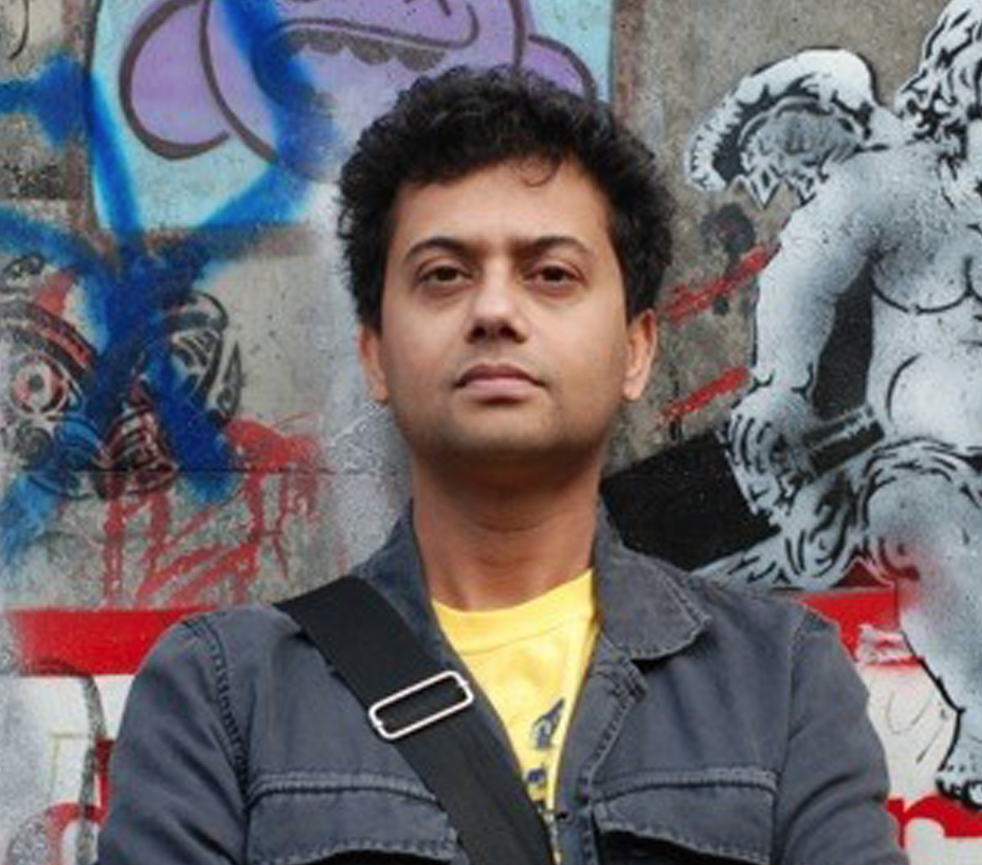
A free daily email with the biggest news stories of the day – and the best features from TheWeek.com
You are now subscribed
Your newsletter sign-up was successful
The Enigma of Arrival by V.S. Naipaul (Vintage, $17).
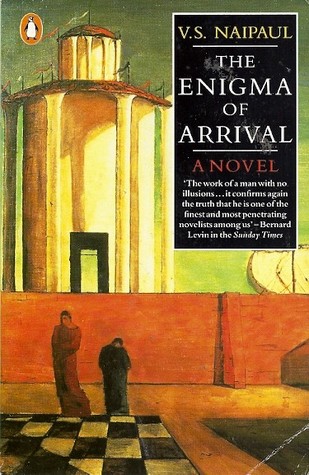
Eight years after his adamantine masterpiece, A Bend in the River, this marked Naipaul's return to fiction, and once again he broke the form and returned the term "novel" to its original meaning of "something new." Autobiography, fiction, and meditation all fuse to create an unforgettable and powerful, melancholy-drenched work about displacement and unbelonging.
Voss by Patrick White (Penguin, $18).
The Week
Escape your echo chamber. Get the facts behind the news, plus analysis from multiple perspectives.

Sign up for The Week's Free Newsletters
From our morning news briefing to a weekly Good News Newsletter, get the best of The Week delivered directly to your inbox.
From our morning news briefing to a weekly Good News Newsletter, get the best of The Week delivered directly to your inbox.
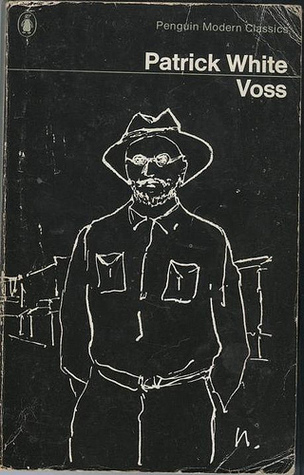
Set in 19th-century Australia, White's great mid-period novel on what was an abiding theme for him — the mystical at the heart of human apprehension of the world — centers on a German explorer and his doomed expedition into the outback. It's a difficult novel, not least because of White's formidable and utterly original prose style.
The Gate of Angels by Penelope Fitzgerald (Mariner, $15).
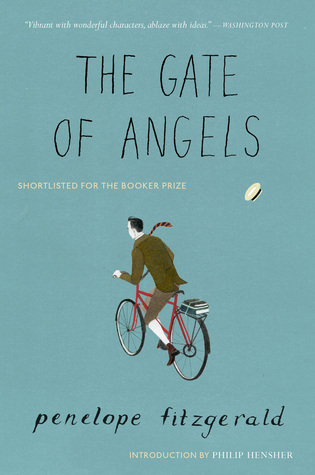
The penultimate of this great writer's last four miraculous novels, Angels defies summary. Set at Cambridge University in the early 20th century, it is about the unsaid, the unseen, the unsayable; about the birth of quantum physics; about love; about reason versus the irrational — and all delivered in just over 160 pages.
Middlemarch by George Eliot (Signet, $8).
A free daily email with the biggest news stories of the day – and the best features from TheWeek.com
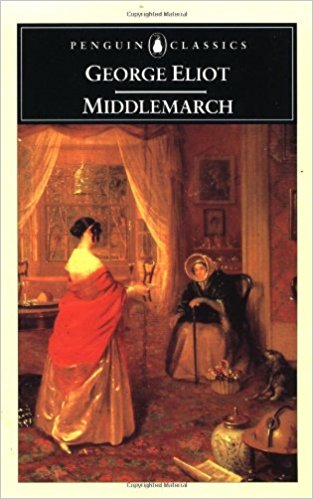
To my mind, the greatest novel in the English language. An incandescent intelligence illuminates this work and animates it. Dorothea Brooke's search for self-realization is powered by both intellectual hunger and emotional need.
The Master and Margarita by Mikhail Bulgakov (Penguin, $17).
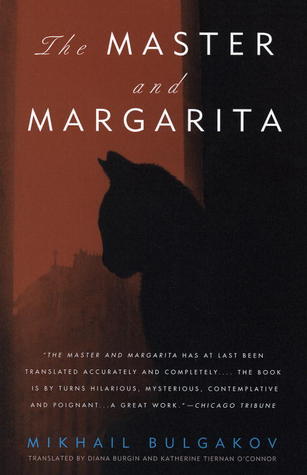
Wild, anarchic, surreal, fantastical, and contrary to everything that the giant cathedral that is the 19th-century Russian novel has led you to expect. Bulgakov's tale of the mayhem created by the Devil's visit to Moscow (not to mention a novel-within-the-novel about Pontius Pilate and Yeshua) is the literary equivalent of a bomb and a magical firework rolled into one.
Anna Karenina by Leo Tolstoy (Bantam, $8).
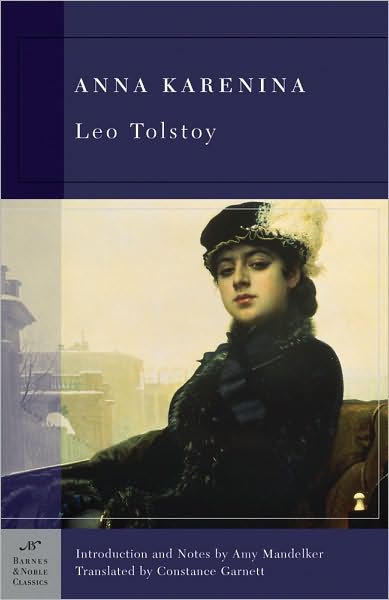
Yes, it survives — nay, reigns resplendently — despite modernism, postmodernism, avant-gardism, nouveau roman–ism, autofictionism, navel gazing–ism, smart aleck–ism, narcissism, you name it. Which other novel is so dense yet so transparent, its realism so seamless, the world it renders so tangible, credible, entire, its people so utterly real?
— Novelist Neel Mukherjee is the author of the 2014 Man Booker Prize finalist The Lives of Others. His new novel, A State of Freedom, tells the stories of five strivers in India. NPR has called it "as breathtakingly beautiful as it is bleak."
-
 Local elections 2026: where are they and who is expected to win?
Local elections 2026: where are they and who is expected to win?The Explainer Labour is braced for heavy losses and U-turn on postponing some council elections hasn’t helped the party’s prospects
-
 6 of the world’s most accessible destinations
6 of the world’s most accessible destinationsThe Week Recommends Experience all of Berlin, Singapore and Sydney
-
 How the FCC’s ‘equal time’ rule works
How the FCC’s ‘equal time’ rule worksIn the Spotlight The law is at the heart of the Colbert-CBS conflict